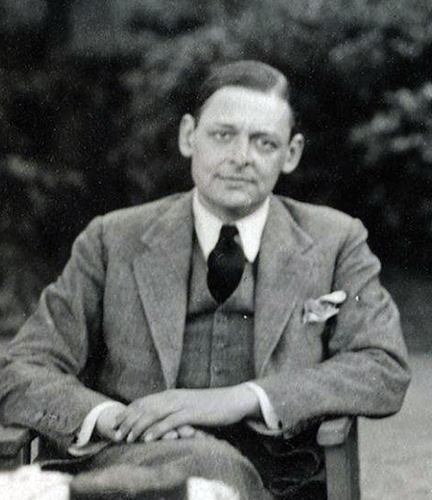
Yes, you can copy extracts from most books, journals, conference proceedings and law reports as long as there is only a single copy for your own private individual use, and it is within the limits set out at Copyright: What is Protected.
Be aware that legislation has prohibited the copying of material for commercially related purposes.
In the interests of transparent and open government, certain categories of Crown Copyright materials have had their copyright waived to the extent that some works can be copied without the need for having to seek formal permission. You are still required to acknowledge all sources however. Follow this link for further details relating to the Open Government Licence.
Yes, newspaper articles can be copied for private study or research purposes under a licence supplied by the Newspaper Licensing Agency (NLA). Copies can also be supplied to registered students on a course.
Scanning or photographing a printed article or an insubstantial part of a printed work may be acceptable as ‘fair dealing’ if, for example, the extract is copied to a personal computer or other device for a project or course work. Providing this scan or photograph is not shared with others. You can find out more on what is and is not fair dealing at Exceptions to Copyright: Fair Dealing Explained.
No. Posting a part or all of a copyright work on a network or internet site open to the public cannot be considered ‘fair dealing’ and may indeed be regarded as illegal re-publication. Permission must be sought from the rights holder in all cases.
It is possible that the work in question may be out of copyright and if this is the case you can copy from it. In most cases copyright lies with the author or their estate for 70 years after his/her death so most works published before about 1890 can be assumed to be out of copyright. However, as most works from this period and earlier are either valuable, rare, or in a delicate state you should ask Information Services staff for advice and they may be able to copy the relevant section for you.
No - it is a common misconception that all images on the internet are free, but they are not. Copyright law still applies to this type of material. Look for images which have a Creative Commons licence attached to them or which have been made available for use for educational purposes. You must ask for permission to use any images which are labelled 'all rights reserved' or which do not have any licence attached to them. Also remember to credit the creator of the image appropriately in every case.
There are numerous sources for copyright and royalty free images, sound recordings and video on the internet, but you must check the terms and conditions of the website and/or object before you use anything. There is a list of possible resources available at Tools, Resources and Training.
No. Before using any such images you have to obtain the explicit permission of the copyright holder.
In general, yes. However, there are circumstances in which some students may have worked collaboratively with staff or have been funded by bodies which acquire some rights over the work. Various parties may share the copyright in these instances. The University will also expect you to make your work available for photocopying, electronic copying, lending and inclusion within the institution’s electronic repository, depending on your qualification.
The examination exception in the Copyright legislation allows for the inclusion of 3rd party copyright material within exam papers and assessed scripts. This is taken to include theses and dissertations. However, both staff and students should be aware that in including 3rd party material they need to apply the ‘fair dealing’ test, key questions being: Am I using more of the work than is really necessary for the purpose?; Could I be damaging the interests of the copyright owner by reproducing their work in this way?. If you think the answer to either of those questions may be ‘yes’ then you should consider seeking permission.
Successful PhD candidates are expected to submit their works for inclusion within the Aberystwyth Research Portal, and this subsequent publication of their work is not covered. Therefore, those submitting PhDs are, in any case, expected to seek appropriate permission for inclusion of third party copyright material in their work, or otherwise highlight those instances where permission has not been sought or granted so that relevant action can be taken (e.g. an embargo placed on that work). Short quotes, small tables etc would not normally require permission, but clear and accurate acknowledgement of the source should always be included.

“Immature poets imitate; mature poets steal” T.S. Eliot. The Sacred Wood.
Whilst old Thomas Stearns was a great poet, this is not necessarily the best advice from a copyright point of view. (Image from WikiMedia Commons in the Public Domain.)

William Hogarth, an early champion of copyright law, reminds us that authors and artists should be rewarded for the fruits of their labours. If he was still around, he would also advise against spending those rewards on gin!
(Image from Wikimedia Commons. In the Public Domain.)

Students: under the terms of fair dealing you are permitted to make single copies of a limited amount of a text for private study or research of a non-commercial nature.
Image: Eli Francis, Old Books (Unsplash), 2016, CC0-1.0